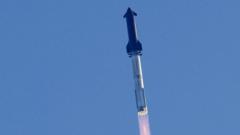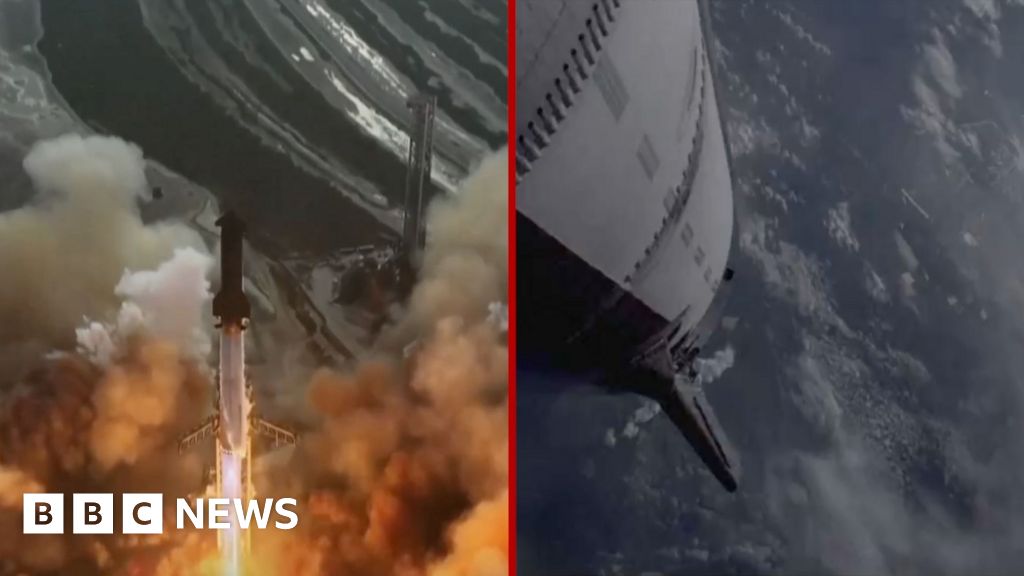Following the explosion of its upper stage over the Caribbean, SpaceX's Starship rocket has been grounded by the US Federal Aviation Administration (FAA) while an investigation is initiated. The latest test flight occurred on a Thursday from Boca Chica, Texas, and the dramatic breakup of the rocket's upper stage led to alterations in airline flight paths to avoid debris.
The FAA confirmed collaboration with SpaceX and local authorities to assess any property damage that may have occurred on the Turks and Caicos Islands, although no injuries have been reported. As part of its protocol, the aviation regulator has instructed SpaceX to perform a "mishap" investigation, which will be reviewed before granting any permission for future flights. This includes the establishment of a "debris response area" to manage air traffic around the debris fall zone, with reports of several flights needing to reroute due to low fuel.
The Starship rocket, touted as the largest and most powerful ever constructed, plays a pivotal role in Elon Musk's aspirations for interplanetary colonization. Thursday's flight marked the vehicle's seventh test and was the first showcasing its updated upper stage, taller by two meters than its predecessors. It was intended for a controlled landing in the Indian Ocean approximately one hour after launch.
Despite the mishap, Musk commented on social media, suggesting preliminary assessments pointed to an "oxygen/fuel leak" as the cause while optimistic that the next launch could still proceed as scheduled next month.
SpaceX's Starship, combined with its Super Heavy booster, stands at an impressive 123 meters (403 feet) and aims for full reusability. NASA has plans to adapt this technology for its Artemis lunar missions, and Musk envisions Starship as key to his long-term goal of facilitating human travel to Mars.
Interestingly, this test launch coincided with the maiden flight of the Blue Origin New Glenn rocket, backed by Amazon's Jeff Bezos. Both Musk and Bezos continue to compete for supremacy in the burgeoning space vehicle market, each with their own ambitious visions for the future of space exploration.





















